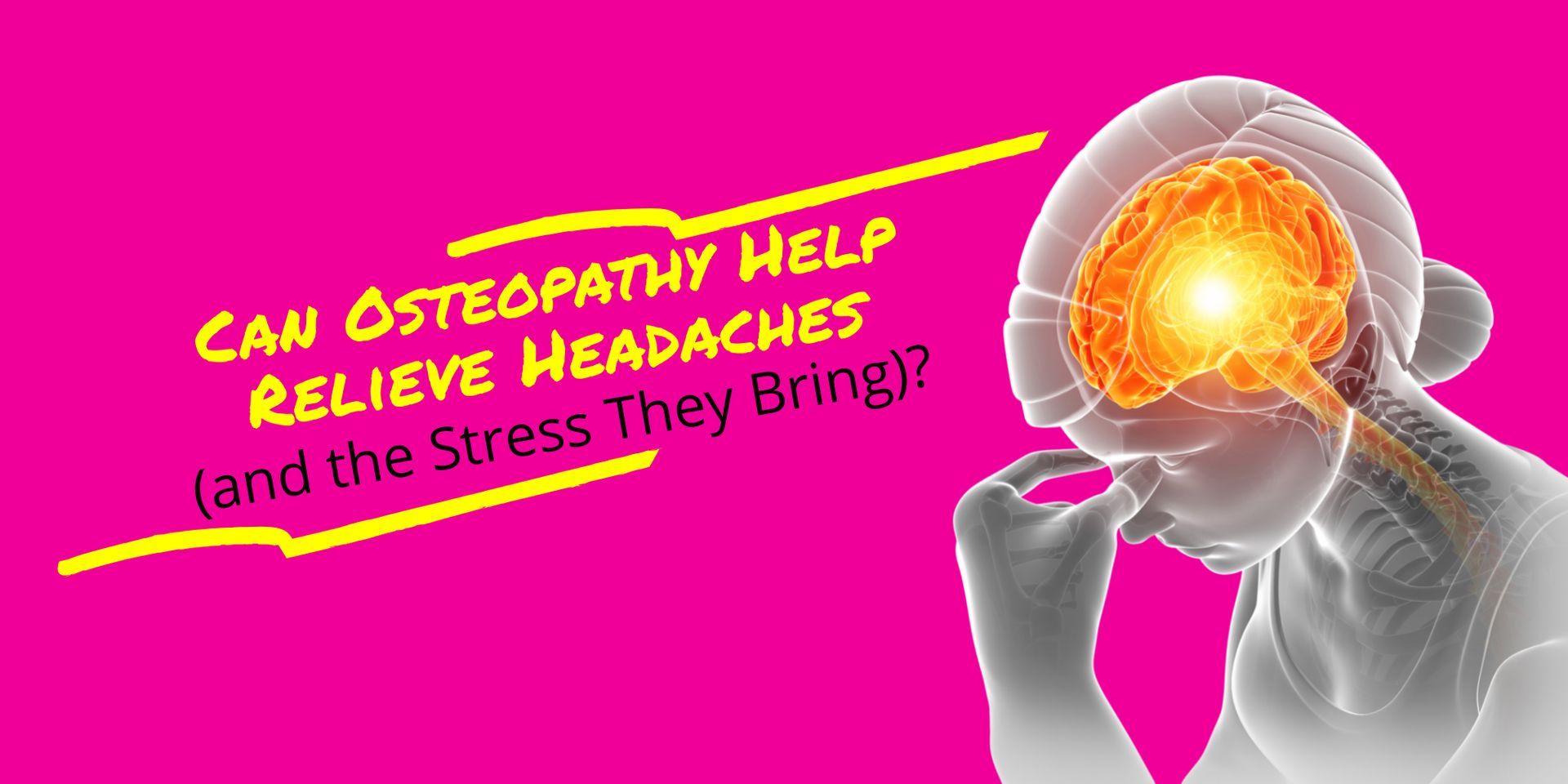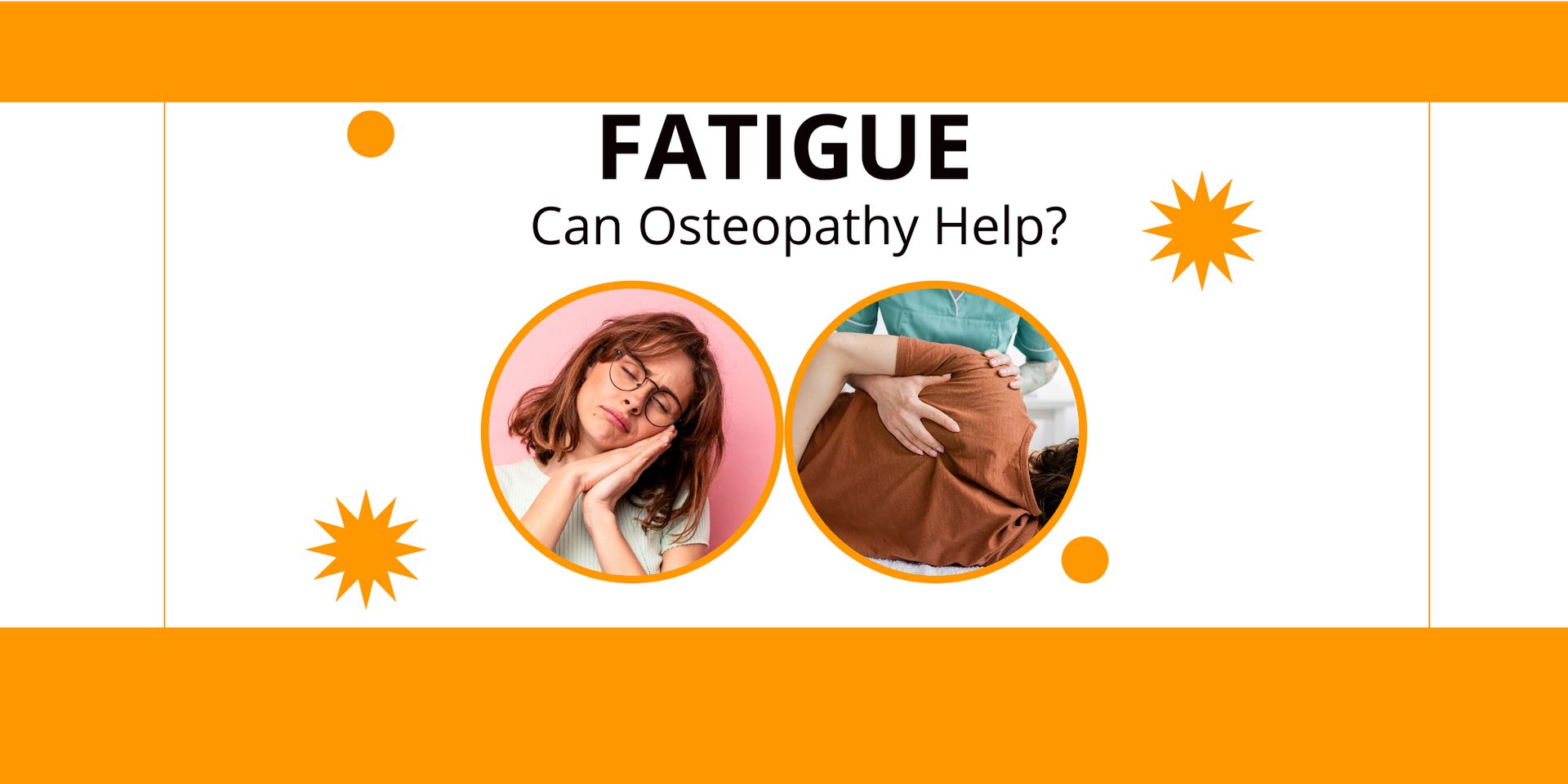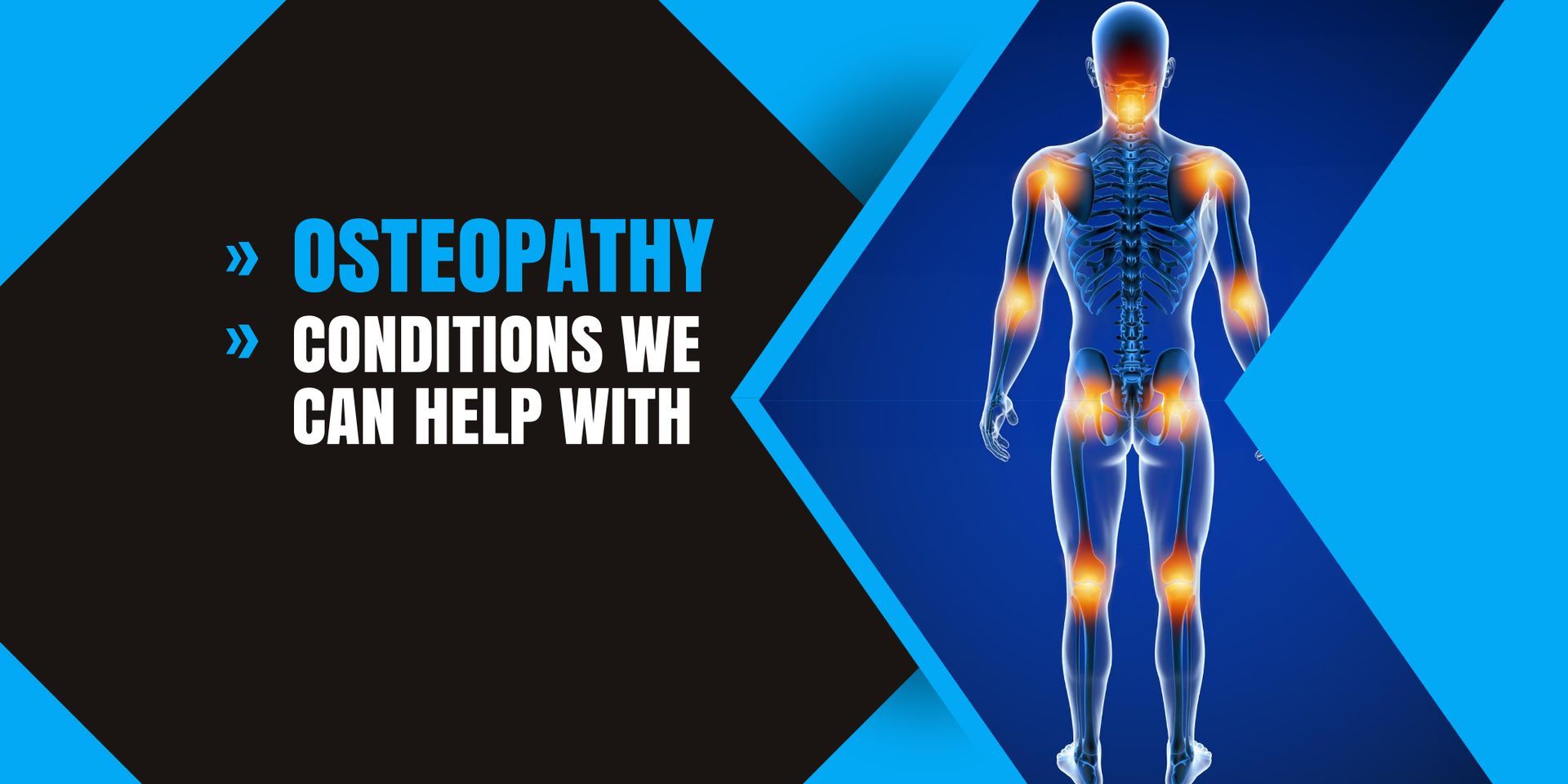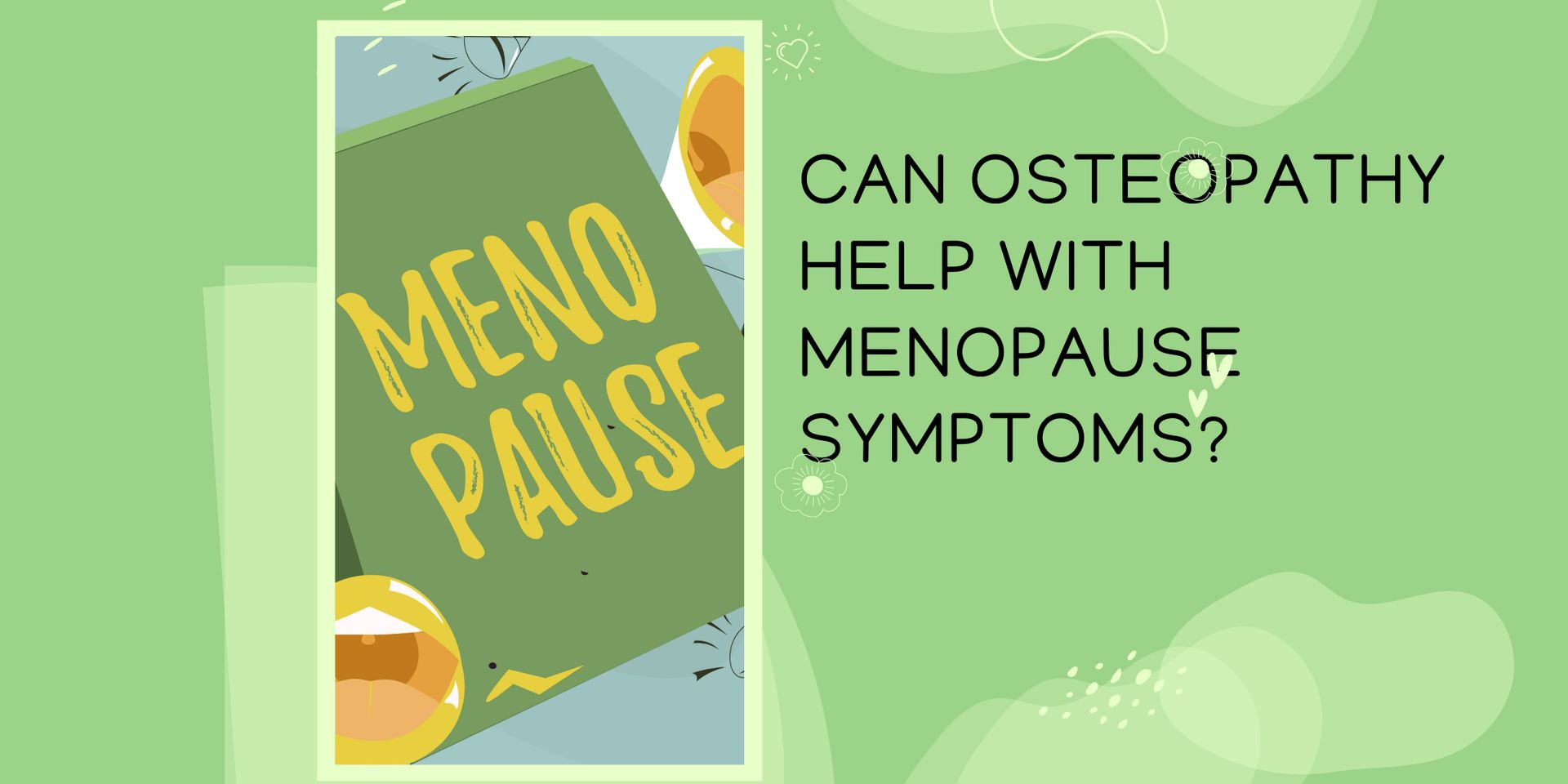What is a herniated disc
Many people with back pain or problems suffer in silence
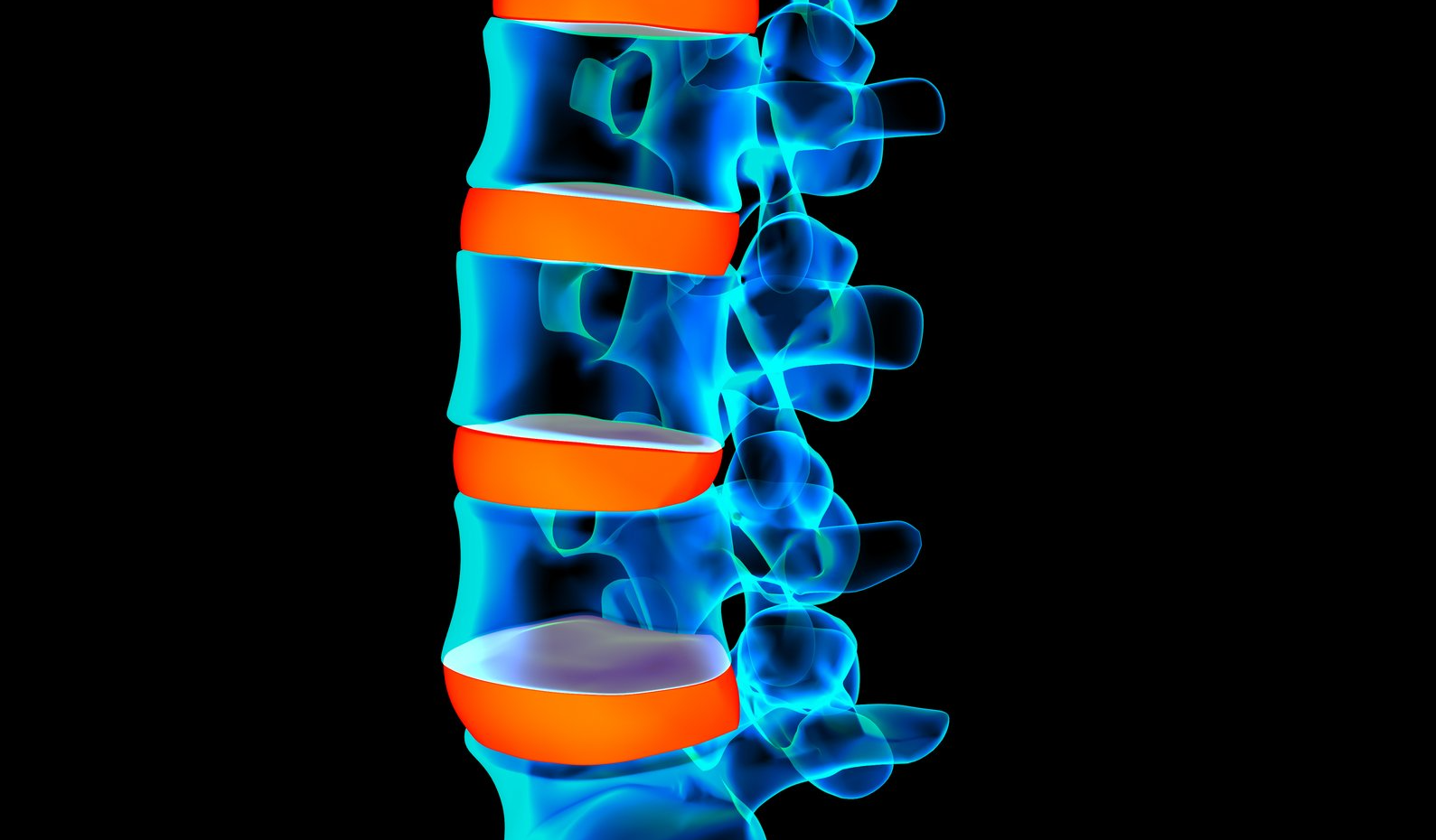
Many people with back pain or problems suffer in silence, in the hope that eventually their symptoms will spontaneously resolve. Others might not experience any symptoms for years until eventually pain or discomfort begins to emerge.
A herniated disc is a common back complaint that causes severe pain in some patients and no symptoms in others. Sometimes people have no idea they have a herniated disc until a spinal x-ray highlights a problem.
A spinal disc is a soft cushion fixed between the vertebrae – the individual bones which form the spinal column. As a disc begins to degenerate, the inner centre of the cushion can leak through to the tougher exterior of the disc.
The outer core of the intervertebral disc is directly beneath the spinal nerve root so this condition can place pressure on the nerve resulting in irritation.
The level of pain and discomfort varies from patient to patient. Some experience no symptoms while others find the condition very uncomfortable to live with. However, the good news is most people who have a herniated disc don ’ t need to undergo surgery to resolve the problem.
The majority of herniated discs occur in the lower spine but they can also occur in the neck.
What are the symptoms of a herniated disc?
Arm or leg pain
Pain or symptoms will vary depending on location of the herniation. If the problem is in the lower back, pain will usually be experienced in the buttocks, thigh and calf and could even involve the foot. On the other hand, if the herniation is in the neck, pain will be most severe in the shoulder or arm and could shoot through either limb with certain movement or simply a cough or sneeze.
Numbness or tingling
A disc herniation can often result in a tingling sensation in the area of the body affected.
Weakness
Those nerves affected by the impairment can often weaken and this might cause sufferers to stumble or struggle to lift and hold items.
What causes disc herniation?
In most cases, disc herniation is caused by gradual wear and tear as a person ages. Spinal discs lose some of their fluid as a person ages which cause them to become more restricted and at risk of tearing.
However, twisting and turning while lifting and incorrect lifting of heavy objects can cause damage. Excess body weight can also place additional stress on the discs in the lower back, resulting in herniation.
The majority of people will recover from a disc herniation in a month to six weeks.
Some patients choose to use the services of an osteopath in an effort to improve the healing process and also to provide pain relief. Such a technique will involve spinal manipulation in conjunction with general exercise to strengthen the muscles surrounding the herniation.
If you suspect you have a disc herniation make an appointment. A physical examination and knowledge of your medical history should be enough for us to diagnose the condition and then you can consider your treatment options.




